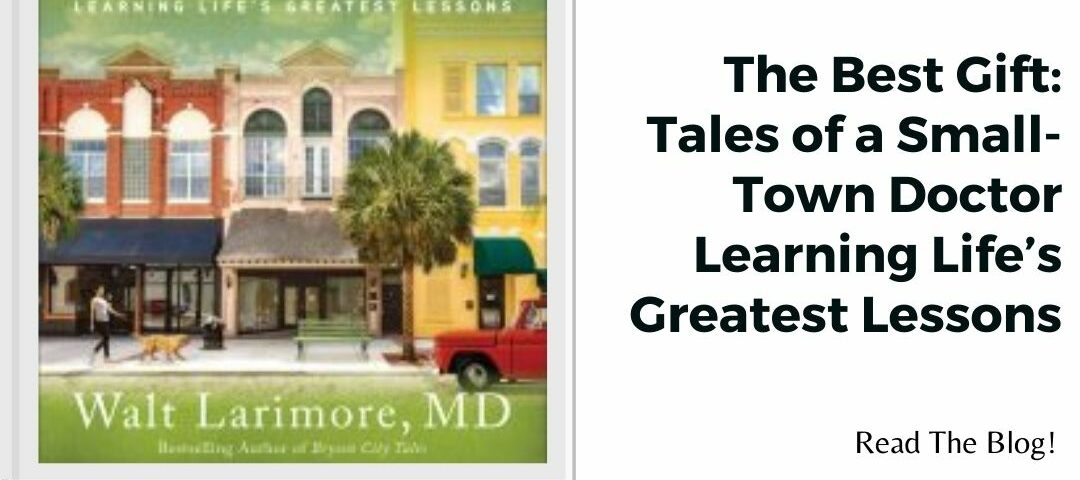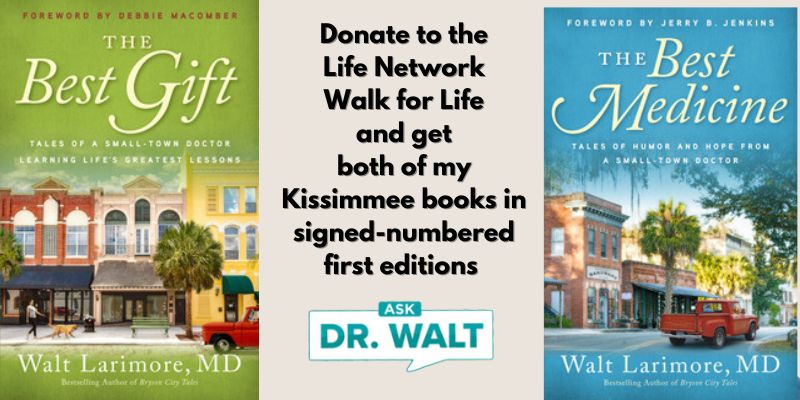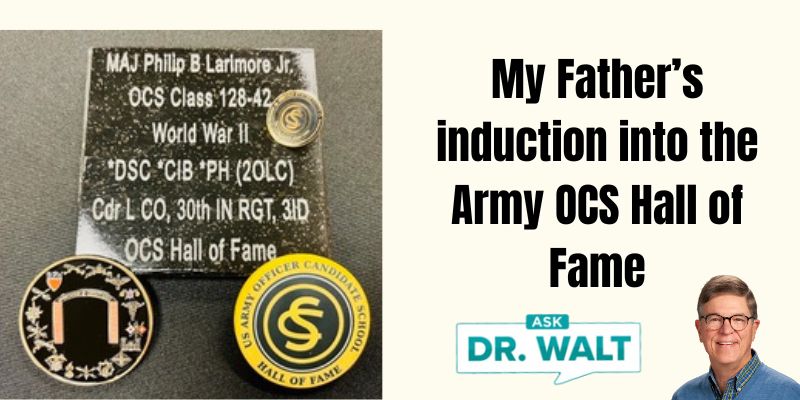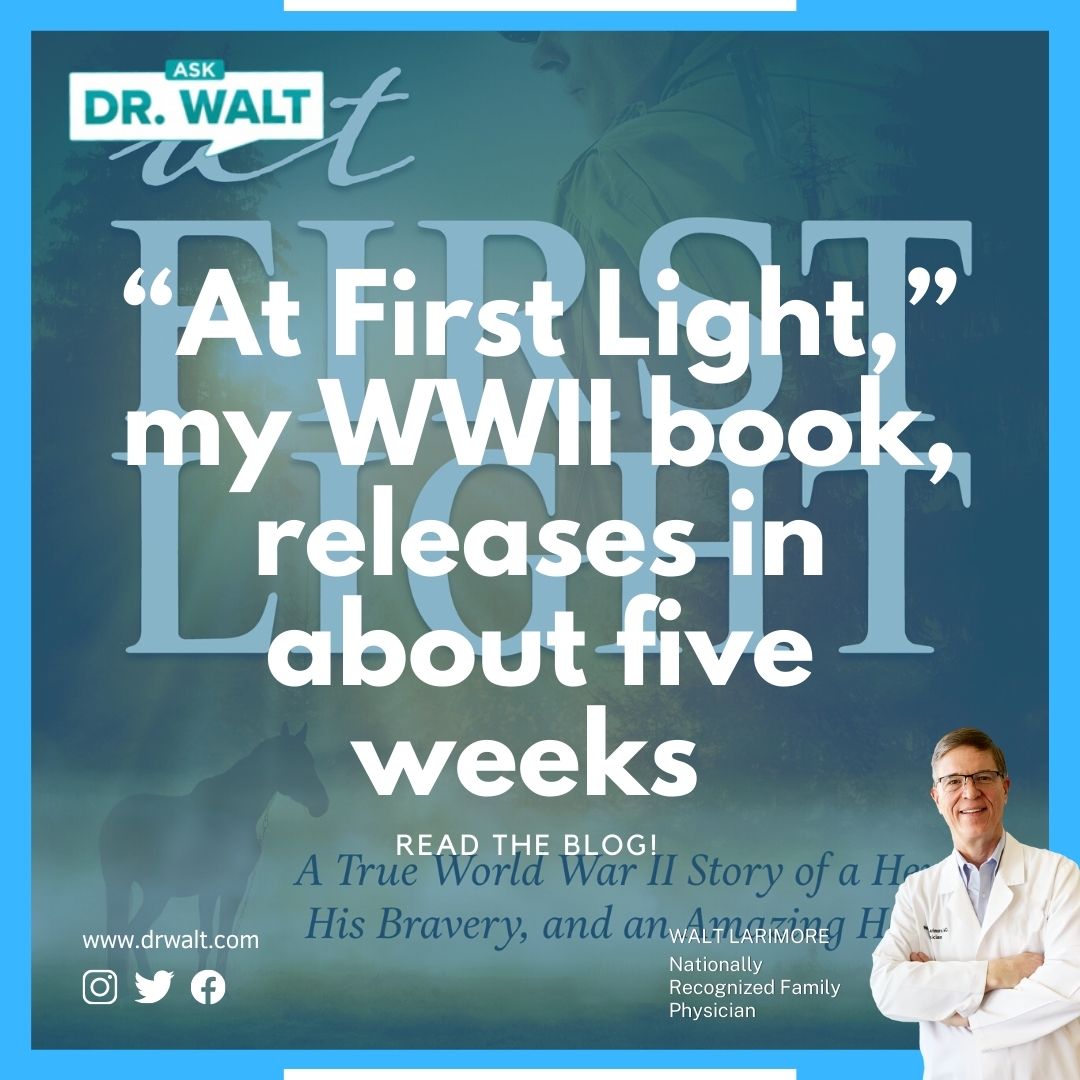
“At First Light,” my WWII book, releases in about five weeks
March 12, 2022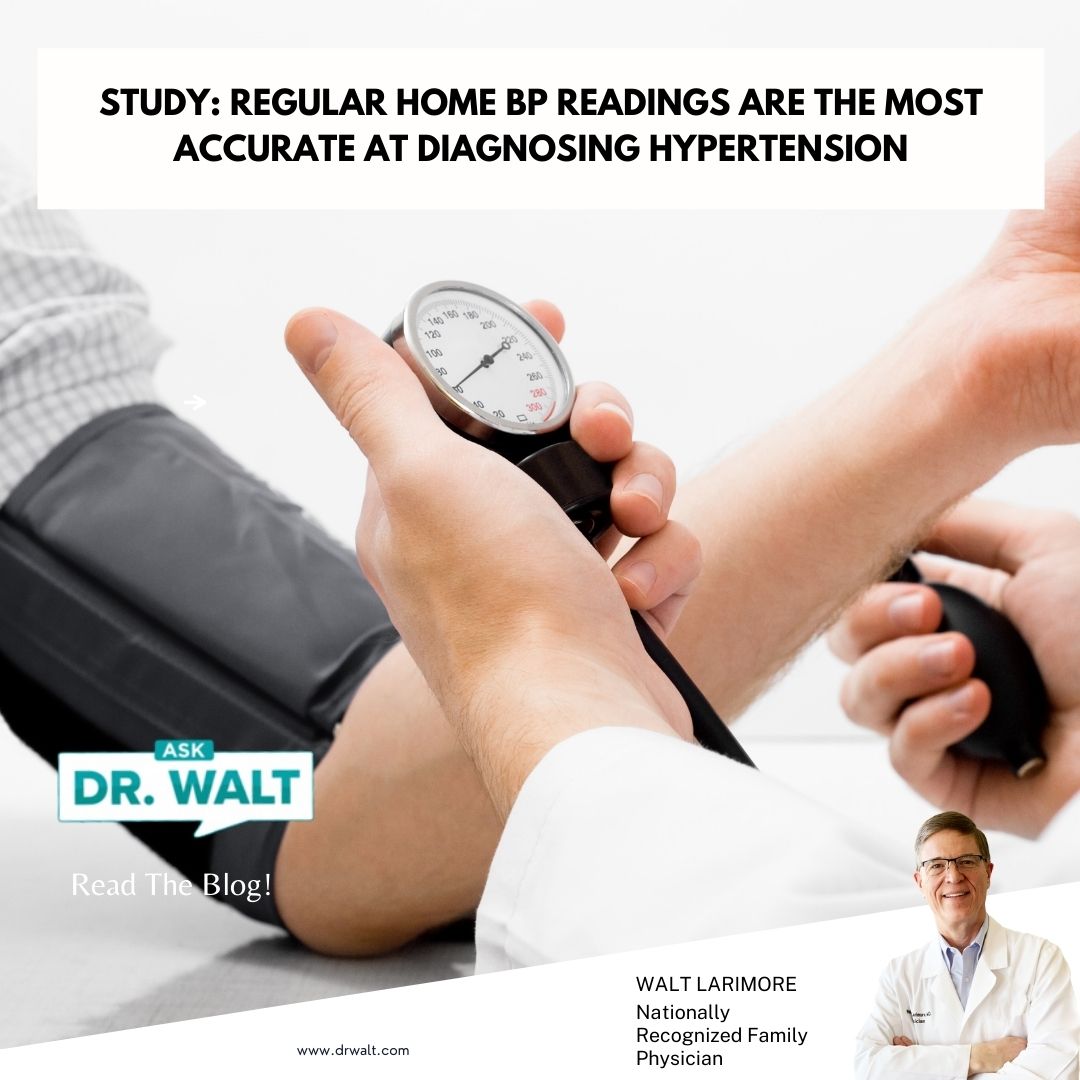
Study: Regular home BP readings are the most accurate at diagnosing hypertension
March 14, 2022SNEAK PEAK – Part Two – The Best Gift: Tales of a Small-Town Doctor Learning Life’s Greatest Lessons
With the permission of my publisher, for the month of March, I’m giving you a SNEAK PEEK of the first four chapters of my latest book on my family medicine years in the then-small-town of Kissimmee, Florida. Here’s Chapter TWO of The Best Gift: Tales of a Small-Town Doctor Learning Life’s Greatest Lessons.
Order Here
CHAPTER TWO
THE PRAYER
Pete ducked with his gloved hands over his head, while I grabbed a deep breath, held it, jerked backward, and spun to cover Gib as I threw my arms around him. The flames crackled, and every fiber of my being was screaming to flee the intense blaze that filled the driver’s compartment. The skin and hair on the back of my scalp and neck singed. The temptation to bolt was overwhelming. I prayed silently, “Father, protect us!”
Just in the nick of time, the firefighters on either side of the car, whose training prepared them for such situations, opened their hoses. The flames hissed and disappeared, and the forceful inundation suppressed the fire in seconds. It soaked the three of us to the skin; however, the cold liquid was a lifesaver and felt exquisite.
“Walt, I’m backing out!” Pete yelled as he crawled backward.
“You okay?” I said to Gib.
He nodded.
A firefighter replaced Pete. “Skedaddle, Doc!”
“I’m staying!”
“Suit yourself!” His knife sliced off Gib’s seat belt. I could still feel the heat of the metal behind me. Out of the corner of my eye, I could see more flames erupting from the engine. A voice behind me bellowed, “Get another hose over here. Now!”
“Doc,” Gib said as I looked into his eyes. “It’s okay to leave. Get on out. Save yourself.”
“I’m not leaving without you, Officer.”
He smiled as tears spilled down his cheeks. The compartment was again filling with smoke and steam. Gib and I coughed, and our eyes watered. A firefighter wiggled into the police cruiser from the passenger side to help wrestle Gib out. I extracted his leg from its trap as the man began to pull him out. I resisted the tugging so as to apply traction on Gib’s foot and ankle. It pleased me when the bones sucked back into the wound and crunched together.
The firefighters extricated Gib and laid him on a gurney. One EMT hooked him up to an oxygen mask, while another checked his vital signs. A third began covering his wounds as Pete expertly placed a pressure dressing on his leg and then carefully loosened the tourniquet.
“Superb job with the reduction, Walt,” Pete said.
As they worked, I held Gib’s hand and asked him questions, partially to test his cognition, partially to keep him awake. Chief Ross was on the other side, holding Gib’s other hand, and I could see the mist in his eyes. Over time, I learned that this seasoned public servant had a soft heart for each of his officers and their families.
I knew what I wanted to do next, but could I? With so many people around? The more cautious part of me went into attack mode, warning me, Don’t do it! Or if you do, it will be at your peril! My thoughtful inside voice came to my defense, It’s never wrong to do what’s right, adding, This is a life-and-death emergency!
“You a praying man?” I asked Gib.
“I am tonight, Doc!”
“Could I offer a quick prayer of thanks and for healing?”
He nodded. “I’d appreciate that.”
Just then, a familiar person strode up. It was Pastor Pete Zieg from the Lutheran Church. He served as the chaplain for the fire department. He greeted Gib—they knew each other—and looked up at me. “Are you a praying man, Doc?” Pastor Pete asked.
“I am, Pastor, but will yield to the professional.”
Pete smiled and glanced at the EMTs. “Gentlemen, do we have time for a very brief prayer?”
“Very brief!” one answered.
“That’s how we Lutherans do it,” Pete said, laughing.
Everyone chuckled. Pete prayed thanksgiving for the first responders who saved Gib, asked God for healing and recovery for him and for wisdom for his medical team . . . “in Jesus’s name!”
During the prayer, I had sneaked a peek to judge the response of the men. How did they see this? I wondered. An intrusion? Proselytizing? Ministry? The answer was apparent. Every man’s head bowed; some were on their knees, while others’ hands were outstretched toward Gib while joining Pastor Pete in a prayer of blessing.
“Amen!” Pete finished. “Let’s go!”
“One favor?” Gib said to the EMTs.
“Yes, sir. What’s that?”
“Please take me in your ambulance and not in Doc’s truck!”
“I wouldn’t put me in Doc’s truck, much less you, Officer!” the beaming EMT declared.
There were chuckles all around as the EMTs rushed off with Gib. As we watched the ambulance drive away, lights flashing and sirens screaming, Pastor Pete looked at my pickup and then at Dr. Gonzales. “Can’t you convince him to get a more professional vehicle?”
The surgeon smiled and patted the cleric on his back as they walked away. “Lord knows I’ve tried, Pastor.”
****
I cherished that old truck. It had been my dad’s, and I would drive it for all the years I practiced in what was now my family’s hometown. Part of the reason was an ornery streak. I didn’t like the way vehicle sales folk pulled every emotional string they could to sell you something new and shiny.
Another part of me was practical. My pickup was inexpensive to operate and even cheaper to maintain and repair—it was so easy that even I could do most of the work on it. My colleagues, staff, and friends all stifled giggles whenever they saw that the gun rack in my rear window held a large golf umbrella for protection against afternoon monsoons.
My kids, Kate and Scott, learned to drive in that trusty rust bucket on country roads and through fields and forests. We didn’t have to worry about scratching or denting it, which gave us a lot of freedom to have fun. And having time with my children was important to me. When Scott, as a teenager, drove that junker around town, everyone knew it was him. No one else had an uglier or more practical truck. Scott couldn’t go anywhere without being recognized. I’d like to think it kept him out of a lot of temptation and trouble. I made hospital, nursing home, and ranch and home visits in that truck. I loved it.
A year after Gib’s accident, I received an invitation to the opening and dedication of the brand-spanking-new Kissimmee Police Headquarters. Since I had forgotten to bring my invite, the rookie officer assigned to the VIP parking lot didn’t want to admit me—well, I guess he didn’t want to let in that old truck. Then who should walk up but Gib Michaels? He still limped but over the months had made a miraculous recovery. Chief Ross bent over backward to give Gib all the time and resources he needed for extensive rehabilitation. When he was ready to return to the force, Frank eased Gib into his day-to-day duties.
“This man is my family physician,” Gib said, laughing at the incredulous look of the freshly minted patrolman.
“You are a doctor?” the inexperienced officer asked. “Driving that?”
“The man spent an entire night with Dr. Gonzales in the operating room, patching me back together. Took care of me through my hospitalization and several months of rehab. Been with me every limp of the way,” Gib explained, smiling at his pun. “Doc’s an honored guest, no matter what he drives!”
“My apologies, sir,” the youthful patrolman stammered.
Gib leaned toward me. “But you better watch out, Doc. Chief still doesn’t like your old rust bucket. He says it’s unbecoming. And you are the only physician that drives a truck.” It was great to see him smile after a year of so much suffering.
When I left the ceremony, I noticed a card on my windshield—one of Chief Ross’s business cards. I turned it over and chuckled as I read it:
The Police Dept. received a complaint about a junky brown truck reflecting negatively on this new complex. Requests the truck be towed. Please donate to the Salvation Army.
Frank R.
Every time I read the card, I laugh and am awash with warm and wonderful memories—even though it’s been over three and a half decades since that day. That truck endeared me to the locals. Maybe it helped me become accepted sooner than I would have otherwise.
I remember my last day making rounds at the hospital before moving to Colorado a decade and a half later. As I jumped into that old truck, I noticed that about 80 percent of the vehicles in the physicians’ parking lot were pickup trucks.
What had been anathema and even abomination was fashionable. Who would have thought it? Now the doctors’ preferred vehicles were very expensive pickups. Nevertheless, my old truck allowed me to reflect on just how very much my family, that community, and I had changed. Although we had traveled some awfully bumpy roads before we got there!
© Copyright WLL, INC. 2022.

